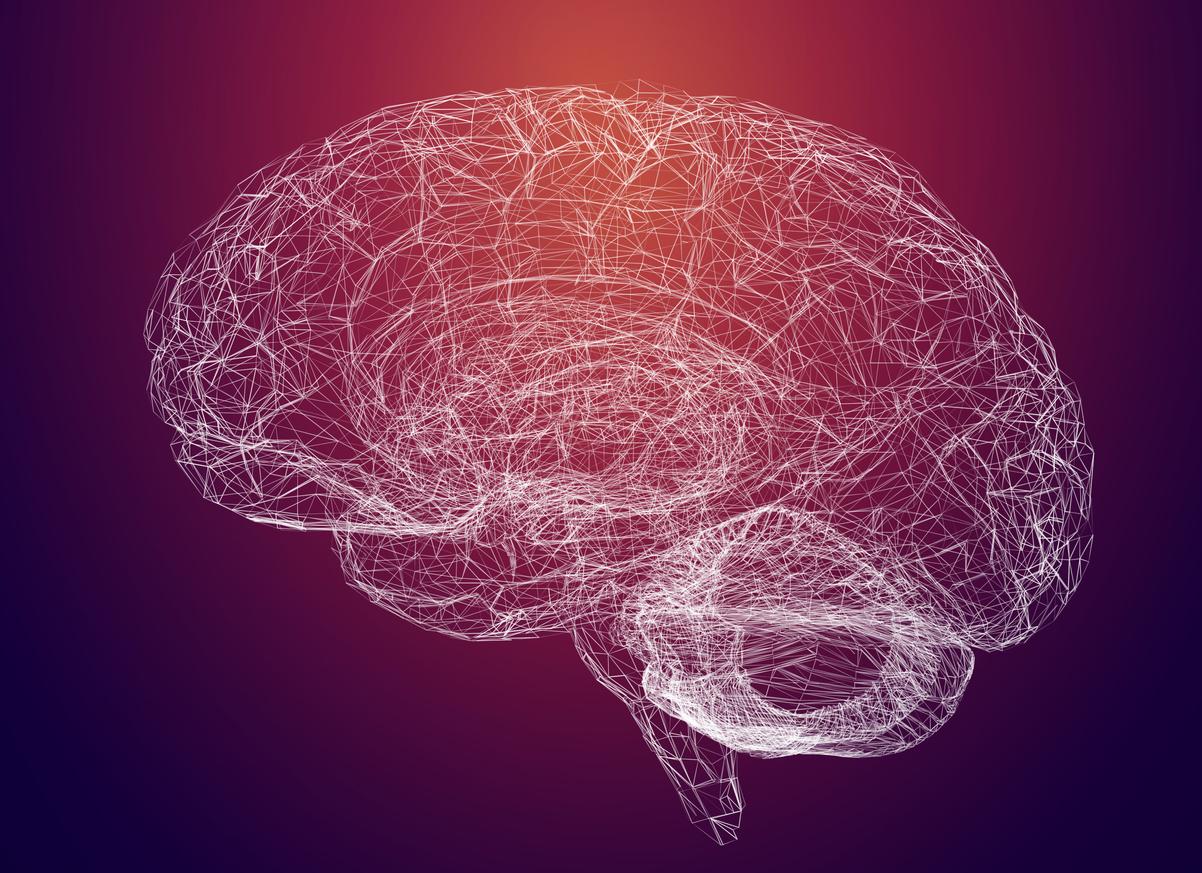May 2, 2007 – A supplement based on fish oil (omega-3) and evening primrose oil (omega-6) would reduce symptoms associated with attention deficit hyperactivity disorder (ADHD) in the children1.
Two Australian researchers conducted a clinical trial with 104 subjects, ages 7 to 12, with ADHD. During 15 weeks, the participants received one of the following three treatments: an omega-3 and omega-6 supplement, the same supplement with, in addition, vitamins and minerals, or a placebo treatment.
The essential fatty acid supplement would have reduced the main symptoms of ADHD compared to placebo. The vitamins and minerals would not have had any noticeable effect on the condition of the participants. It is the parents who evaluated the behavior of their children, according to different analysis grids.
|
A frequent disorder ADHD is the most common neurobehavioral disorder in children. It’s usually diagnosed between ages 4 and 6 – and four to ten times more often in boys than in girls. However, the frequency of ADHD diagnosis in girls is on the rise. |
After 15 weeks, the researchers continued the study. All participants then received treatment with essential fatty acids and vitamin and mineral supplements for an additional 15 weeks. The condition of subjects who belonged to the placebo group during the first phase would have improved during the second period of the study.
According to the parents’ assessment, 40% to 50% of the children improved their behavior during the 30 weeks of the study. This proportion was 30% to 40% during the first 15 weeks.
Note that the children’s teachers also provided an assessment. According to their results, they did not observe a significant decrease in ADHD-related symptoms. According to the researchers, parents are more precise than teachers in assessing the behavior of children with attention deficit disorder.
The children were to take six supplements per day, each consisting of 400 mg of fish oil and 100 mg of evening primrose oil. The fish oil contained 93 mg of EPA and 29 mg of DHA; and evening primrose oil contained 10 mg of GLA. The subjects were not taking any of the designer drugs usually prescribed for young people with ADHD (including Ritalin).
Pierre Lefrançois – PasseportSanté.net
According to NutraIngredients.
1. Siann N, Bryan J. Effect of Supplementation with Polyunsaturated Fatty Acids and Micronutrients on Learning and Behavior Problems Associated with Child ADHD. J Dev Behav Pediatr, 2007 Apr; 28 (2): 82-91.

















